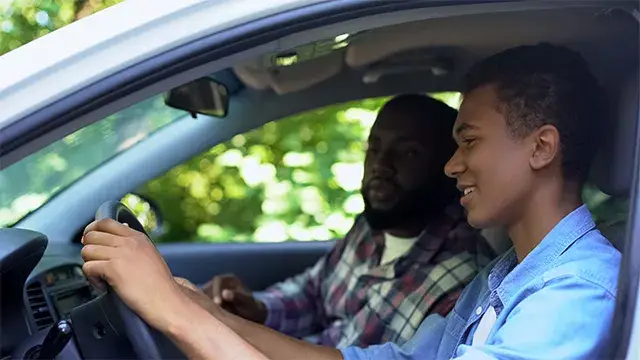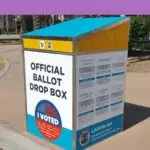National Teen Driver Safety Week, observed from October 20 to 26, brings attention to the importance of safe driving habits for teenagers. During this period, the Glendale Police Department urges parents and caregivers to have meaningful discussions with their teens about the rules of the road and how safe driving practices can prevent tragedies.
Car crashes remain one of the leading causes of death for teenagers aged 15 to 18 in the United States. According to the National Highway Traffic Safety Administration (NHTSA), 2,514 people died in crashes involving teen drivers in 2022. In California, despite young drivers making up only 5% of licensed drivers, they were involved in nearly 12% of all fatal crashes in the same year.
The Glendale Police Department stresses that parents and caregivers should address risky driving behaviors with their teens, including speeding, texting while driving, and failing to wear seatbelts. Teens must also be educated on the dangers of driving under the influence of drugs or alcohol.
“Parents and caregivers play a critical role in ensuring the safety of teens on the road,” stated Sgt. Ryan Gunn of the Glendale Police Department. “By having honest conversations, setting clear rules, and being role models for safe driving, parents can help teens make safer decisions behind the wheel.”
To support these efforts, the Glendale Police Department offers the following tips for parents and guardians to initiate safe driving conversations with their teens:
- Provisional Driver’s License: Understand California’s provisional licensing law, which limits passengers and night driving during the first year of licensure.
- Lead by Example: Engage in driving sessions with your teen, demonstrating safe driving habits alongside verbal instruction.
- Set Clear Rules: Be firm on key rules like no phone use, limiting distractions, always wearing a seatbelt, and adhering to speed limits. Consider creating a parent-teen driving contract to outline specific expectations.
- Promote Sober Driving: Emphasize the importance of never driving under the influence or riding with someone who is impaired by alcohol or drugs.
This program is supported by a grant from the California Office of Traffic Safety, through the National Highway Traffic Safety Administration.







